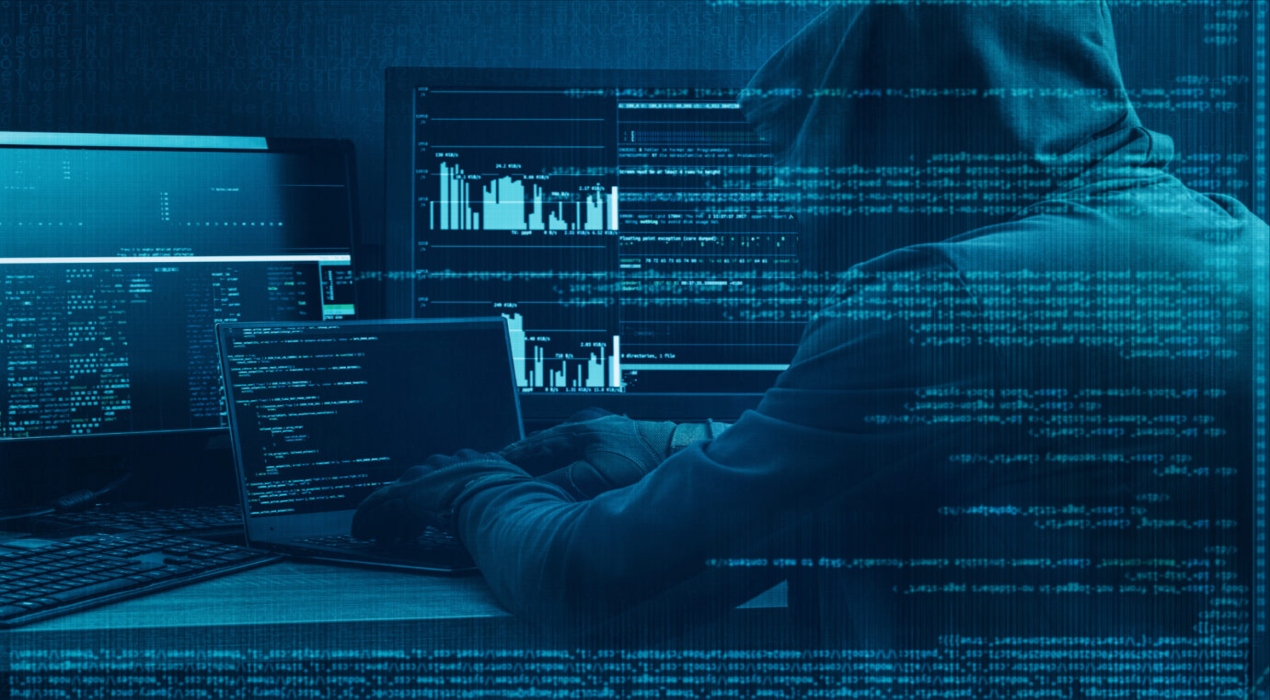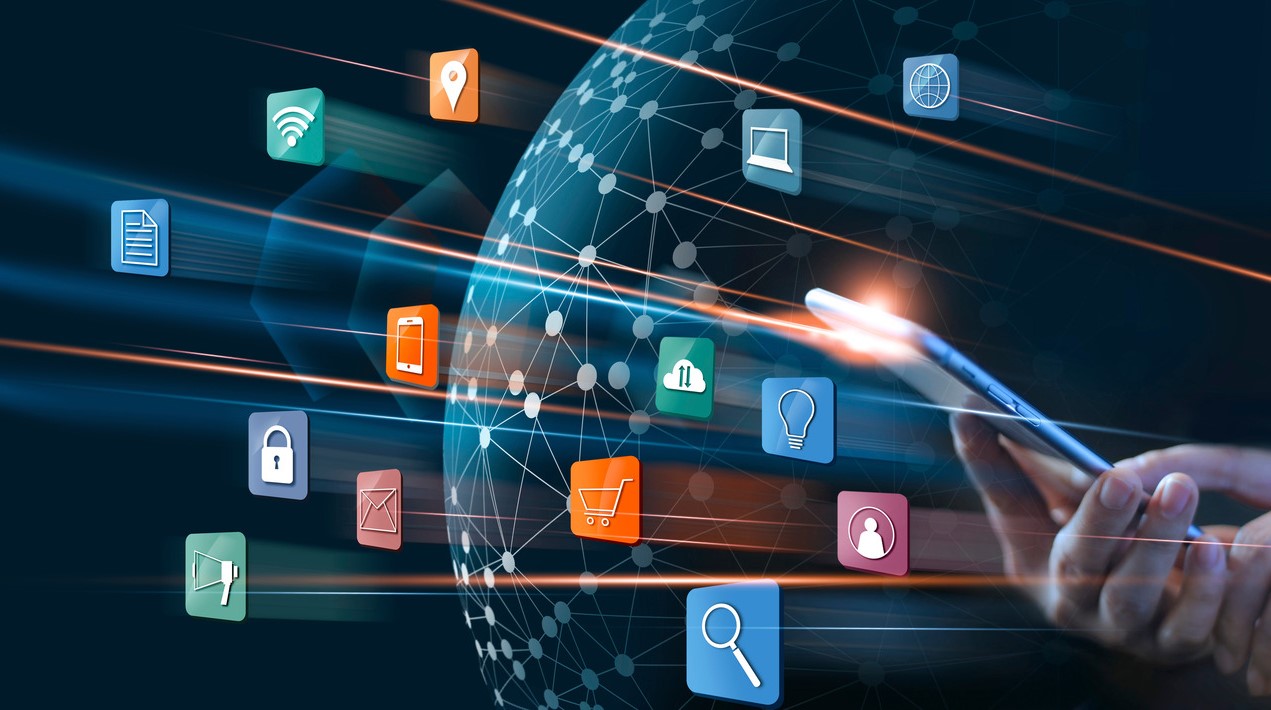
Because there’s so much money to be made from attacks against businesses, today’s cybercriminals are highly skilled and very well-funded… and that makes them an even bigger threat to enterprises.
Cybercriminals are running efficient organizations that have the resources to develop increasingly sophisticated threats that can:
• Defraud enterprises
• Steal valuable intellectual property
• Disrupt day-to-day business operations
• Steal confidential information about customers
• Hold businesses to ransom – by encrypting and ‘locking up’ essential data


















